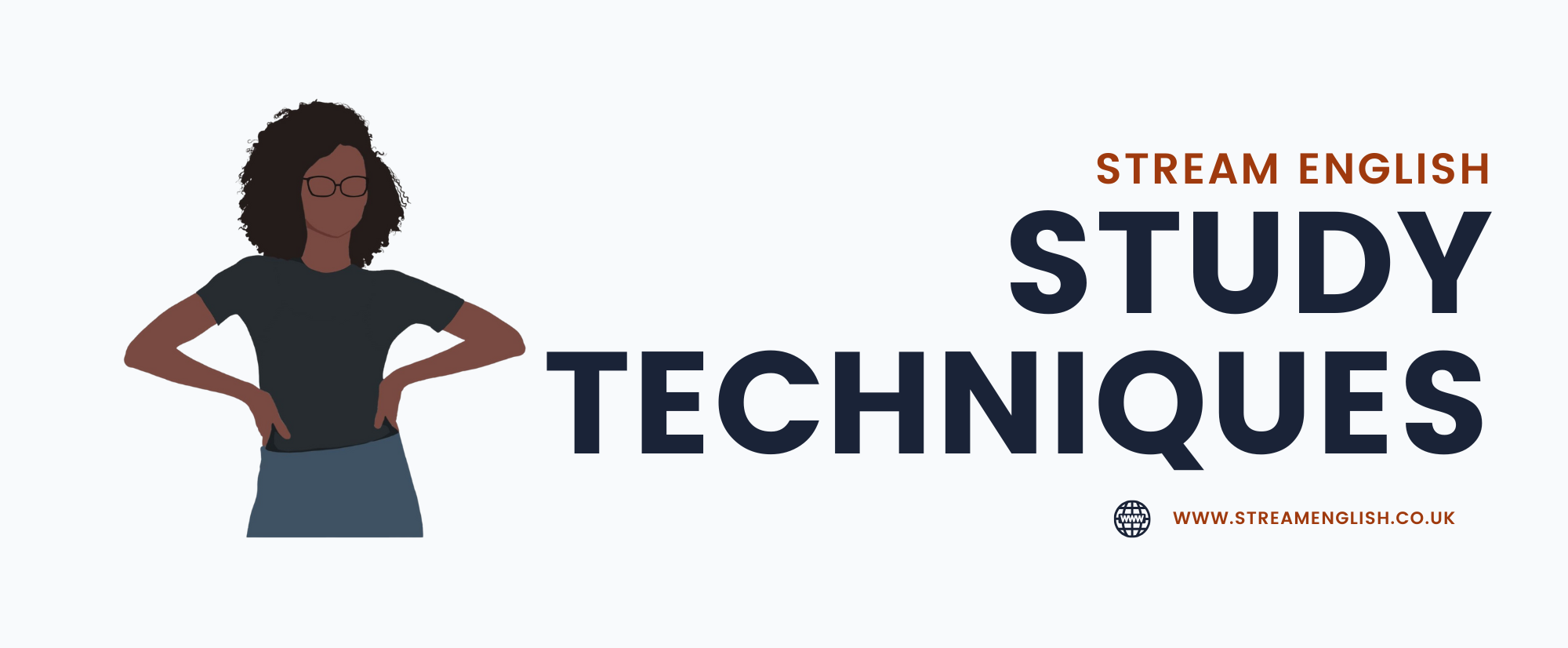Study Techniques for GCSE English Literature and Language Success

Understanding how to study effectively for your GCSE English examinations can make a significant difference to your success. Whether you are studying with AQA or Edexcel, these proven techniques will help you prepare thoroughly for both Literature and Language papers.
Time Management and Organisation
One of the most crucial aspects of successful GCSE English study is effective time management. Create a realistic study schedule that includes:
- Regular 30-minute focused reading sessions
- Weekly practice essays
- Daily vocabulary enhancement exercises
- Dedicated time for analysing past papers
- Short, frequent revision sessions rather than long cramming periods
For Literature texts, divide your study time equally between all your set texts. For Language papers, alternate between reading comprehension practice and writing skills.
Active Reading Techniques (#How to analyse)
Developing strong analytical skills is essential for both Language and Literature papers. When studying texts:
- Annotate as you read
- Create character maps and timeline
- Identify and highlight key quotations
- Note down language techniques and their effects
- Consider different possible interpretations
For Shakespeare texts especially (#Analysis of Macbeth by Shakespeare), create detailed chapter summaries and theme trackers.
Essay Writing Strategy
Success in both Language and Literature requires strong essay writing skills. Focus on:
- Planning your essays before writing
- Using clear topic sentences
- Supporting arguments with relevant evidence
- Linking paragraphs coherently
- Crafting strong introductions and conclusions
Language Paper Preparation (#Paper 1 and Paper 2 AQA English Language)
For Language papers, regularly practice:
- Identifying and analysing language techniques
- Summarising texts effectively
- Comparing writers viewpoints
- Creating your own descriptive and narrative writing
- Developing a varied vocabulary
Literature Revision Techniques (#Edexcel IGCSE English Literature)
When revising Literature texts:
- Create character analysis sheets
- Map key themes across texts
- Learn carefully selected quotations
- Practice linking different parts of texts
- Understand the historical context
Exam Technique Tips
Regardless of exam board:
- Read all questions carefully
- Plan your time in the exam
- Save time for proofreading
- Write clearly and concisely
- Answer all parts of each question
